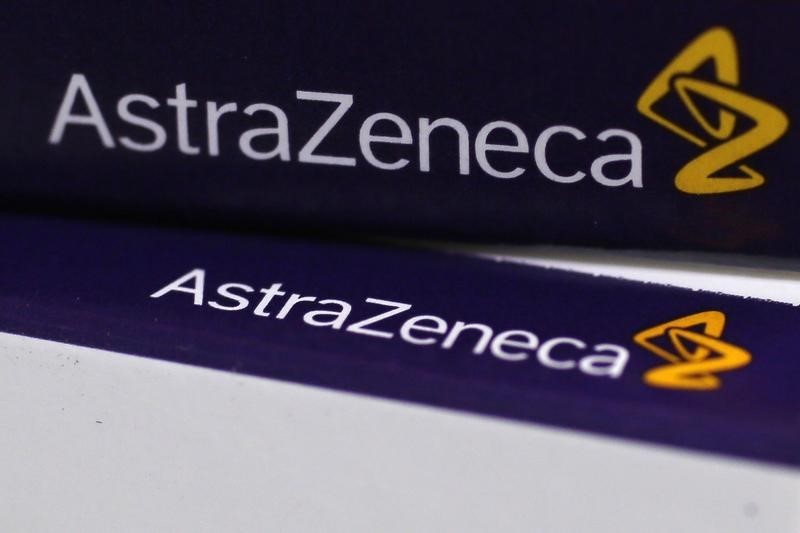Investing.com -- AstraZeneca (LON:AZN) has announced that its experimental precision drug has shown improvement in slowing the progression of lung cancer in a late-stage trial, however, shares slipped on Monday after analysts noted that the findings disappointed expectations.
In a statement, the British pharmaceutical firm said the drug, datopotamab deruxtecan, demonstrated "statistically significant" improvement in progression-free survival when compared to standard chemotherapy treatments in patients with locally advanced or metastatic non-small cell lung cancer with at least one prior round of therapy.
“We are encouraged by the statistically significant results of the dual primary endpoint of progression-free survival seen with datopotamab deruxtecan and look forward to the final overall survival analysis. We plan to share these data with regulatory authorities to discuss next steps,” said Ken Takeshita, global head of oncology research and development at Japan's Daiichi Sankyo, which is jointly developing the drug with AstraZeneca.
The treatment is an example of so-called antibody drug conjugates (ADC), a class of drug that combines a monoclonal antibody with a chemotherapy-laden payload. It has been described as a "guided missile" which aims to attack cancer cells while sparing healthy cells.
AstraZeneca said the trial of the drug will continue "as planned."
But analysts at Bank of America Securities flagged that the latest update from the company did not include the wording "clinically meaningful," which had been an important gauge of the trial's success.
"Data was statistically significant, however, headline did not specify a clinically relevant improvement in [progression-free survival], where AZN had noted it would use clinically meaningful to describe PFS if benefit [was greater than] 2-3 months," the analysts said.
